Breaking: Former Nashville Tech Council CEO launches AI venture studio
The Innovation Studio will raise a $10 million seed round, according to Brian Moyer
Brian Moyer departed the Greater Nashville Technology Council one year ago, after a historic six-year tenure. Since then, the beloved ecosystem builder has been busy, consulting for countless Middle Tennessee companies and in November he made headlines when he succeeded the late Darrel Freeman as S3 Recycling’s Board Chairman.
But many in the business community still believed Moyer was up to something more. Their instincts were right. The former NTC president is joining the AI arms race.
Today, Moyer announced the launch of The Innovation Studio, an AI venture studio that aims to transform Tennessee’s tech scene by building twelve companies over the next four years.
However, he isn’t in it alone. The high-powered executive has recruited a rockstar team of tech heavyweights.
Tim Estes, an AI expert and the founder of Digital Reasoning and Peter Rousos, Vanderbilt’s Director of Economic and New Venture Development are co-founders alongside Moyer in the cutting edge outlet.
The trio tapped two former Silicon Valley tech executives — Lerry Wilson and Matt DiMaria — to serve as directors and founding board members. Each has more than 30-years of experience building companies in the Bay Area.
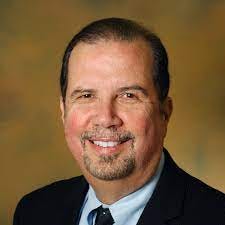
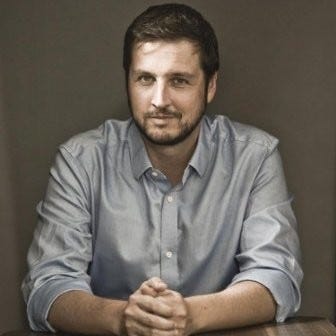
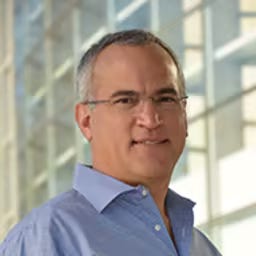
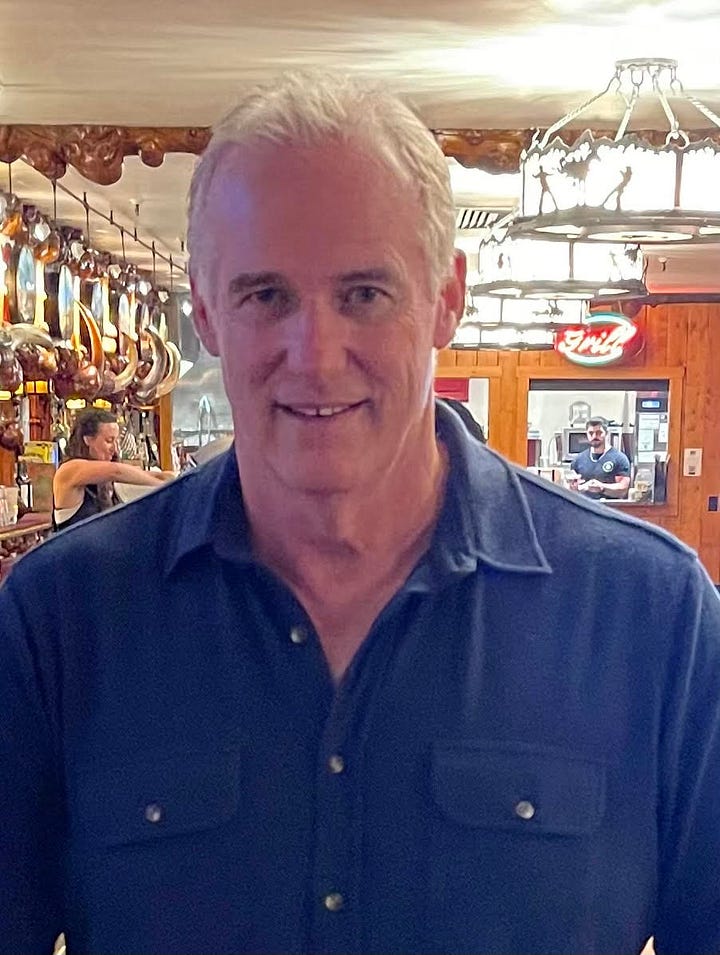
“At NTC our mission was to attract tech companies to Tennessee, " Moyer says. “The Tech Into Nashville campaign saw great success, but now, rather than recruiting talent and companies, we want to grow them here in our own backyard.”
Moyer says they aren’t “launching just any companies”. The Studio will establish “high tech companies” that leverage industrial AI to solve an array of industries' most pressing problems.
“Essentially, we will evaluate hundreds of ideas,” explains Moyer. “If an idea makes it through the evaluation, then we create the new company, hire a CEO to be co-founder with the studio and write a check to provide the initial seed capital.”
Franklin Innovation Center
The new age entity will call one of Franklin’s oldest estates home. The Studio will join four other startups inside the Franklin Innovation Center, a co-working space housed in the Flemming-Farrah mansion, an ornate 19th Century mansion located downtown off South Margin Street.
“Six months ago, Brian and I had breakfast and I mentioned that we were looking for another startup to occupy one of the offices at the innovation center,” Williamson Inc President and CEO Matt Largen tells tennbeat. “He reached back out and told me about the Innovation Studio and the rest is history.”


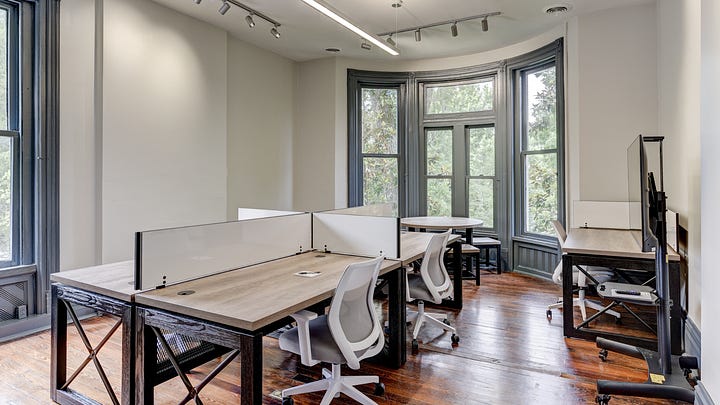

Moyer signed a 12-month lease that will end next June. However, he says, he hopes the Studio will stay in the Williamson County area even after they outgrow the space.
“I’ve been a Williamson County resident for 23-years,” Moyer says. “This is my home. It’s also the home of many corporate headquarters. We want to add to that headcount.”
Funding
The Studio’s founding team has invested their own money to “get it off the ground”, but Moyer says they have just kicked off a $10 million fundraising round. The capital will be used to support the studio’s operations for the next four years and provide seed funding to each of the startups they launch.
Despite the widely reported turbulence of the tech industry, Moyer is confident they will raise the seven figure seed round. If anything, he believes, the current economic environment is a help not a hindrance.
“Traditional investment — such as real estate and the stock market — are less attractive right now, due to an imbalance in risk versus reward,” Moyer says. “Investors are still hungry to invest, they’re just looking for better bets.”
Venture Studio Model
Venture studios tend to be safer investment vehicles than the blue-chip avenues Moyer mentioned. According to a study published by the Global Startup Studio network, venture-studio founded startups are two times more likely to succeed than venture-backed startups.
Another study evaluating the outcomes of 23 leading venture studios, found that of the 415 companies created by the studios, only nine-percent have failed, three-percent have successfully exited and the rest are still active with average yearly revenue of more than $1 million.
IdeaLab, the oldest U.S. venture studio, is the most shining example of the model. Since launching in 1996, the Pascedena outlet has vetted more than 5,000 ideas and launched over 150 companies. Of the 150 companies launched, 45 have IPOd and seven have reached the highly-coveted unicorn status. Less than 30 the companies it has launched have failed.
Veteran investors credit the success rate of venture studio-founded startups to the extensive evaluation process and aggressive emphasis on execution over ideation.
Unlike venture capital firms or accelerators, who invest in existing companies, venture studios only in the businesses they build.
“They operate as an organization,” explains Moyer. “... ideating, validating, creating and investing in companies internally.”
While The Innovation Studio will be Franklin’s first venture studio, it isn’t the first in Middle Tennessee.
There are about a dozen venture studios in the area including, most notably, 25m, LifePointe Health’s in-house venture studio and John Bass’s blockchain-focused Hashed Health.
Exits are important in this endeavor, but Moyer says even more than exits, he hopes the Studio will build on Middle Tennessee’s reputation as a leader in advanced technology.
“This is bigger than us,” Moyer says. “This is about elevating an entire ecosystem.”





